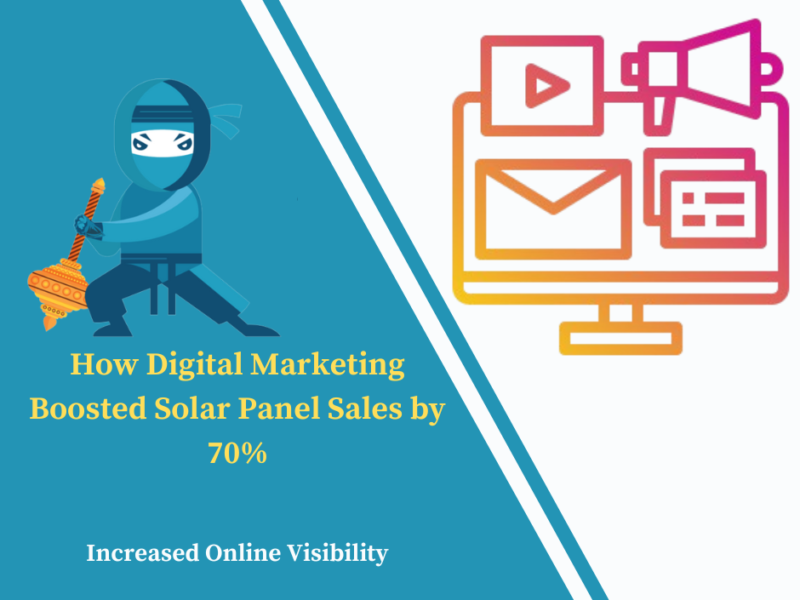
Days
Hours
Minutes
Seconds
Your Deal is Expired
|
|

Edit Content
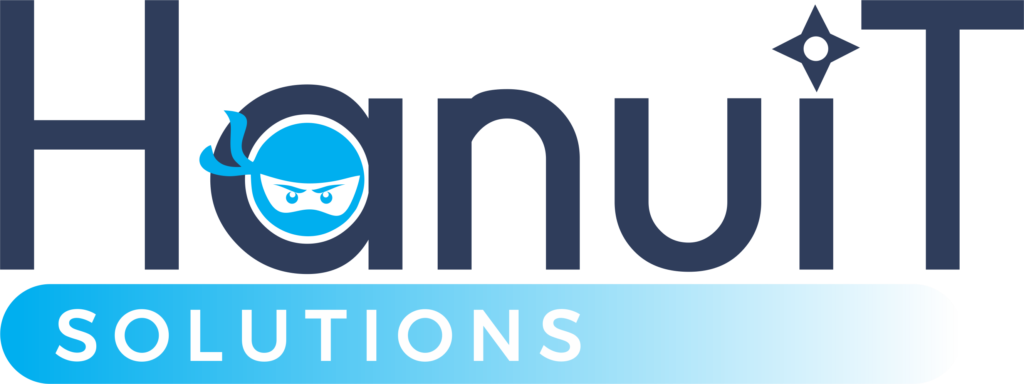
As a leading online marketing company, always focuses on changing and improving businesses and their outcome.
Where to find us
- SN-3, First floor, ratauli road, near Town park, Bank Colony
- herry@hanuitsolutions.com
- +917082069620
Working Hours
- Mon-Sat : 9:00am - 6:00pm
- Sunday - Closed
Get In Touch
Facebook-square
Instagram
Linkedin
Tag: Website Traffic

What to Expect from a Full-Service Web Agency
In today’s digital world, businesses need more than just...
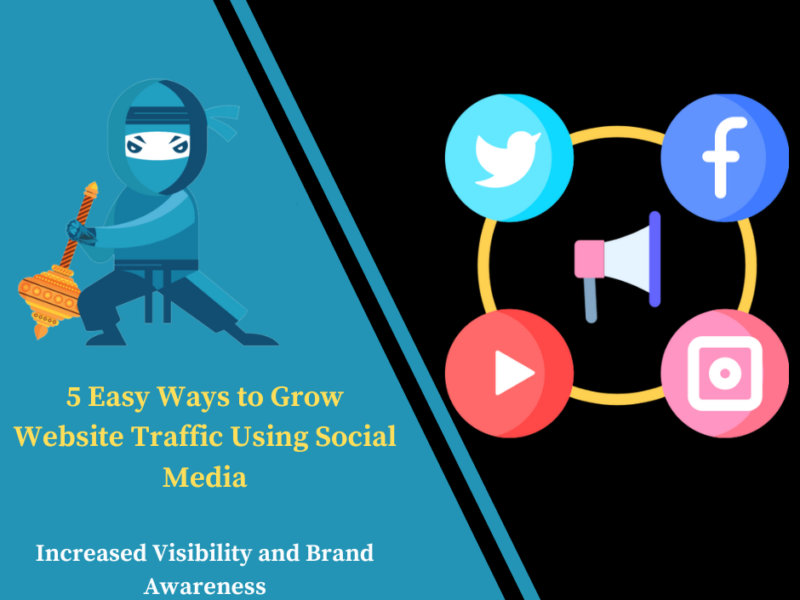
5 Easy Ways to Grow Website Traffic Using Social Media
In today’s digital landscape, social media...
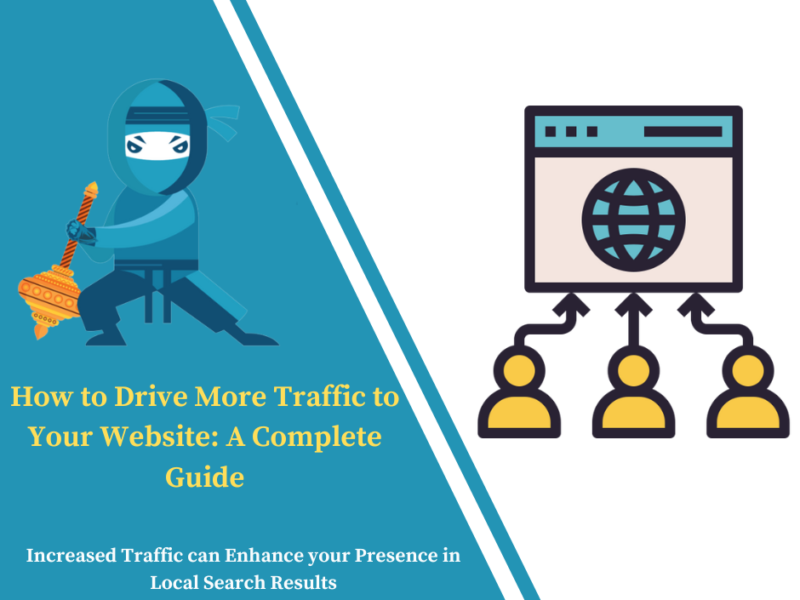
How to Drive More Traffic to Your Website: A Complete Guide
Driving more traffic to your website is essential...
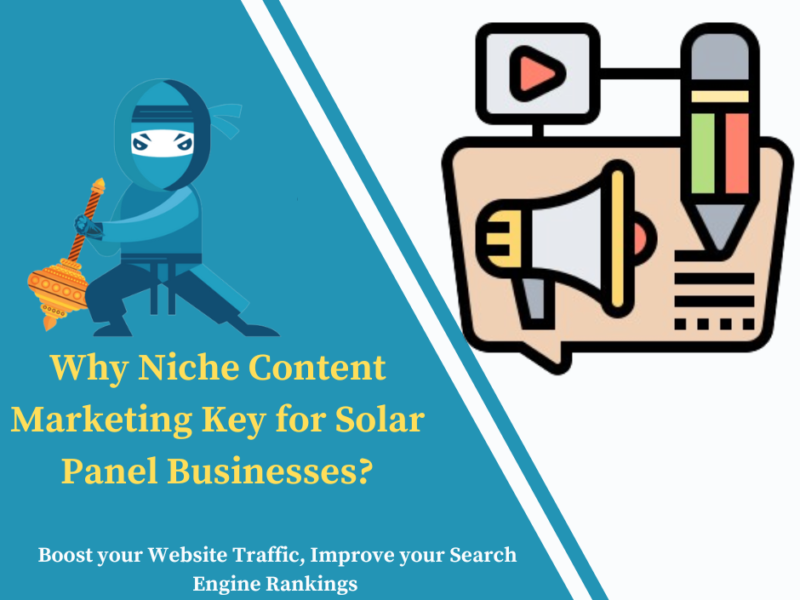
Why Niche Content Marketing Is Key for Solar Panel Businesses
In the competitive landscape of solar panel...
No posts found

